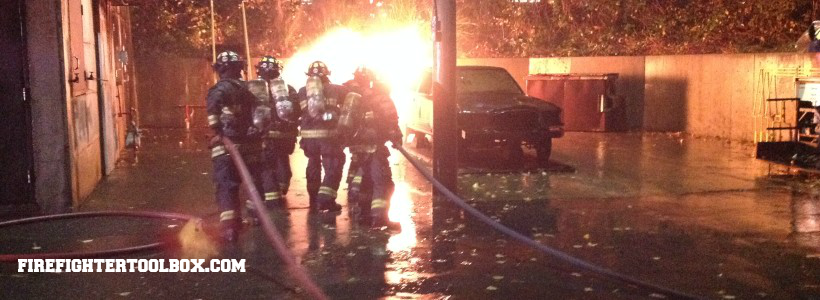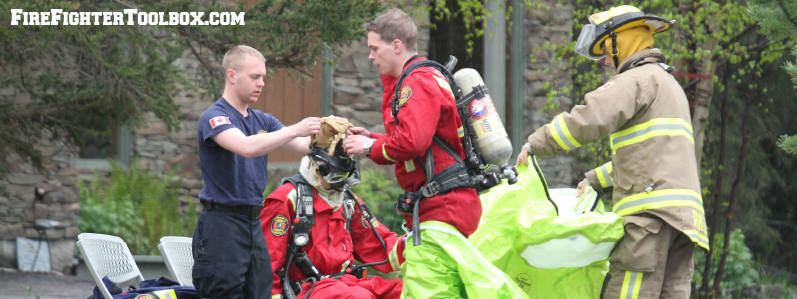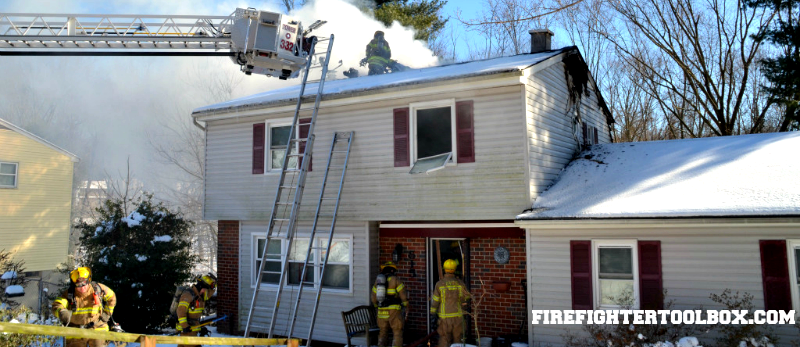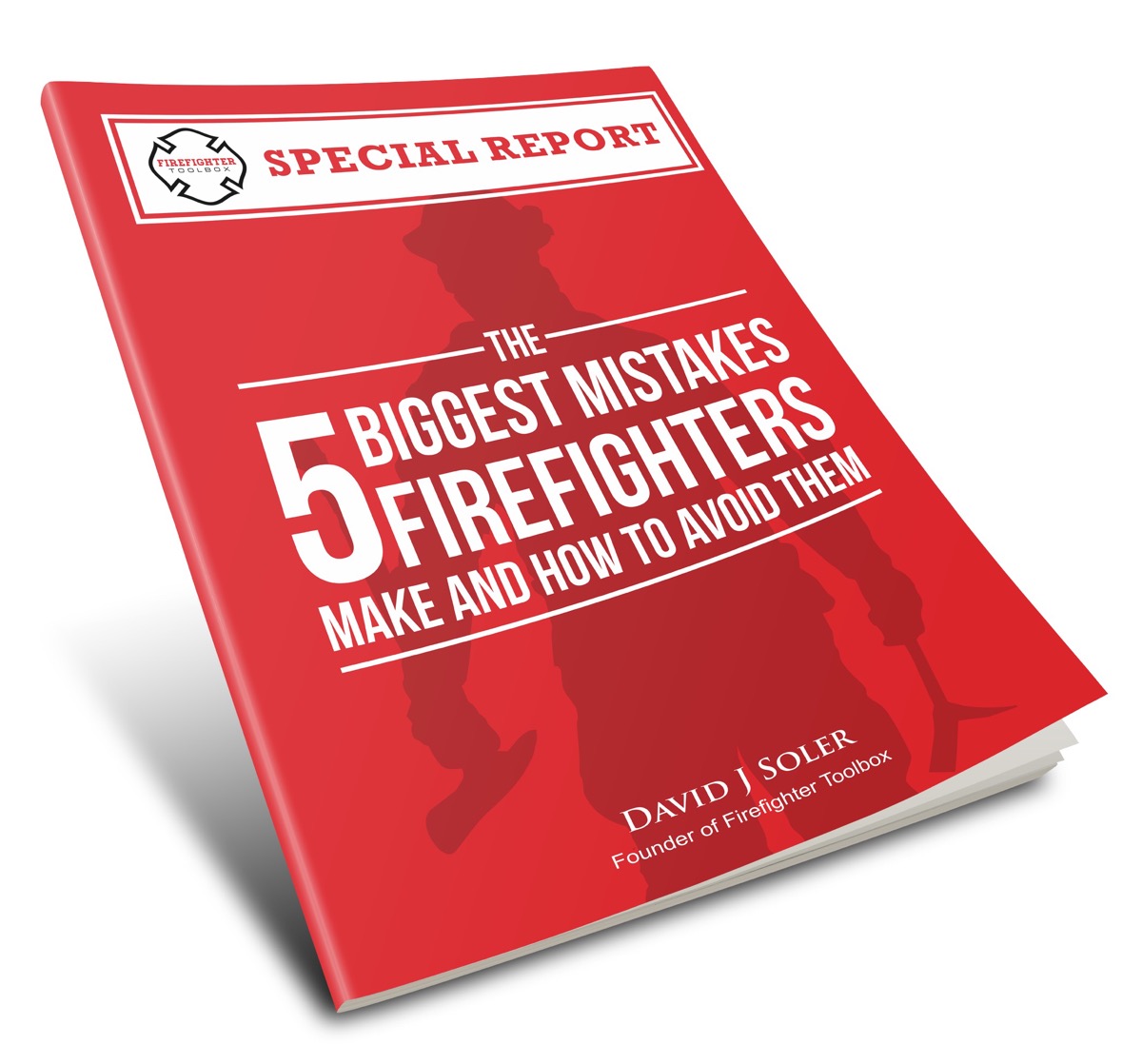3 Unwritten Rules Of Firefighter Culture
“You cannot push anyone up the ladder unless he is willing to climb.”
– Andrew Carnegie
Is Culture The Culprit?
It is no secret that today’s fire service is facing more pressure to deliver more with less. This pressure can cause stress and frustration with firefighters, and fingers are often pointed to external causes. In many cases the expectations of politicians and the community will be the source of the frustration, but another cause is often overlooked and it’s more challenging to detect.
A department’s culture can be the greatest force causing stress and frustration among firefighters.
There is no doubt that most firefighters have a basic understanding of what culture is all about, but do we really understand the impact of organizational culture to our fire department?
Culture can be defined as the behaviors and ideals among an organization’s members.
It has the POWER to foster greatness or cause devastation to the department.
A fire department’s culture is a living entity and impacts what firefighters say, what they do, and what they don’t do. The reality is that a fire department’s culture is its fingerprint. A healthy culture results in good morale, while an unhealthy culture fosters poor morale. Poor morale results in stress and frustration; often good people leave the profession because of an unhealthy culture.
Three unwritten laws of culture will impact every fire station regardless of volunteer, paid on call, or career staffing.
Unwritten Law #1 – Culture is taken for granted
Every fire department has a set of behaviors, assumptions and rules (unwritten) that shape the daily activities in the station. These are healthy and build firefighters or they are unhealthy and push great firefighters out the door.
There is no denying a department’s culture is either healthy or sick. Never underestimate the power of culture.
Unwritten Law #2 – Culture is not always obvious
Given the fact that you cannot see “culture,” it makes it a challenge to manage. Look at the cleanliness of the apparatus and station, the department symbols and ceremonies, and you will get an idea of the state of the department’s culture.
An unhealthy culture will be obvious through the actions and body language of firefighters, and the state of the department’s equipment.
Unwritten Law #3 – Listen to conversations
If you want to get a good understanding of a fire department’s culture, listen to the stories and how firefighters talk. Pay attention to what is being said about other firefighters, union reps or management.
We can learn a great deal by observing and listening, and our intuition will generally be correct in identifying the existing culture.
Understand that a department’s culture exists and every firefighter contributes to the growth of the culture whether POSITIVELY or NEGATIVELY.
In other words, WE are all RESPONSIBLE for creating, nurturing and feeding our department’s culture.
It’s a CHOICE!
At the end of the day a fire department’s culture is shaped by the attitudes and actions of those in the department. A positive culture is not the result of any one individual, nor is a negative culture the product of one individual.
There is great truth to the statement, “When firefighters show you what they are like, believe them.” And when a fire department shows you what it is like, believe it.
Feature photo courtesy of Chief Gord Schreiner








This is one of the best reads i have read in a long time. It is spot on in many departments today starting with the Chief on down.
Culture is complicated. For a more detailed understanding I suggest two books. “Organizationsal Culture and Leaderships” by Edgar Schein and “I can’t save you, but I’ll die trying.” by Burton Clark. A fire departments culture is a subset of the bigger fire service culture and even bigger society culture as related to unwanted fire. Culture is generational meaning it passes down. To understand today’s culture you must look in the past. To change the future culture you must change today’s behavior. That will create a new norm. Buy studying culture we are trying to answer the question WHY. At the individual, group, organizational, and societal levels.
Great article Chief Karpluk
Thank-you Alan for your kind words. I truly appreciate them.
Burton-I totally agree with what you are saying. And, I also agree with your choice of books regarding organizational culture. It is complicated and requires a team to change the negative into a positive. It’s a slow process and the culture ship does not turn on a dime. Thanks for your feedback.
Chief,
Thanks for sharing. Culture is interesting, firehouse culture is scary-interesting. Hope all is well.